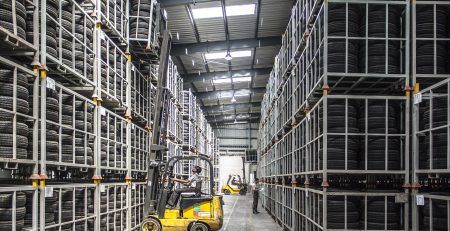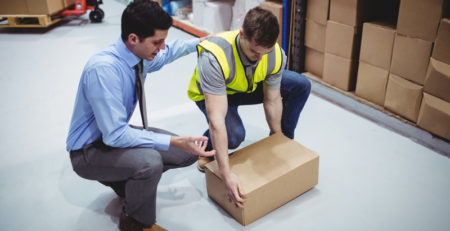Health and Safety Concerns and Fleet Management
When it comes to fleet management, health and safety should be a major concern. Although it can occasionally get lost amongst the complexities and logistics involved in running a large and active fleet, ensuring that all health and safety requirements are adhered to is crucial to limit the potential for issues further down the line.
In this article, we explore some of the most important health and safety concerns that fleet managers should be considering on a day to day basis.
Brexit
The true outcome of Brexit is still unclear when it comes to its implications on health and safety for fleet managers. What is certain is that guidance on protecting your employees and the general public is likely to change in the coming years. This is especially true when it comes to fleets which operate across European borders.
It is crucial that fleet managers keep a finger on the pulse when it comes to health and safety matters during the Brexit process, as failure to comply to new regulations and recommendations may cause considerable issues and disruption to operations.
Covid-19
It is impossible to write a current article about health and safety without mentioning the concerns and considerations around Covid-19. Although in most parts of the country, restrictions are being lifted and life is returning to some form of normality, ensuring the correct measures are in place is still critical to stopping the spread.
For fleet managers, this will mean taking action and enforcing new measures. For example, when any part of your fleet is going to and from a site, consideration should be taken to how the driver will be able to protect themselves and others once there. This may involve ensuring that there is enough space to distance from others or providing protective equipment where needed.
Fleet managers should also plan as best they can for future issues that Covid-19 might cause, such as drivers being ill or potential delays or quarantines when crossing borders into other countries.
Operating Heavy Equipment
When working with large and potentially dangerous vehicles, health and safety should always be a primary concern. This will start with the correct training and briefing of operators to ensure that vehicles are never used in an unsafe way.
Ensuring safety may also involve the supply of specialist equipment when required. For example, you may be faced with a situation where something heavy such as a skip needs to be picked up and moved. If you do not have the correct equipment available, you could explore skip lorries for hire as a way to complete the job safely.
Road Worthiness
Ensuring roadworthiness is a critical element of responsible fleet management. The UK Government see maintaining good vehicle condition as so important that they have released specific guidelines that should be followed to ensure safety across the board.
The guidelines go into detail on what is expected of fleet managers. This primarily fits into three key areas including introducing consistent checks by drivers before every use, scheduling regular specialist maintenance and communicating the processes which must be followed if any issues occur.
Speed
Roads are allocated speed limits based on the relative risks and hazards present. Speed limits should always be followed, especially when your fleet is made up of large vehicles that could potentially be dangerous if driven irresponsibly.
Fleet managers may support their employees to maintain the correct and safe speed by supplying them with technology that gives them a constant reminder of their speed and the given speed limit. In other cases they may opt to restrict a vehicle, ensuring that it never reaches a dangerous speed.
Health and safety is a crucial element of fleet management. Using the tips we have highlighted in this article will help you ensure that your employees and the public are kept safe at all times. Not only is this ethically important, but it is also crucial in limiting potentially stressful and costly issues.












